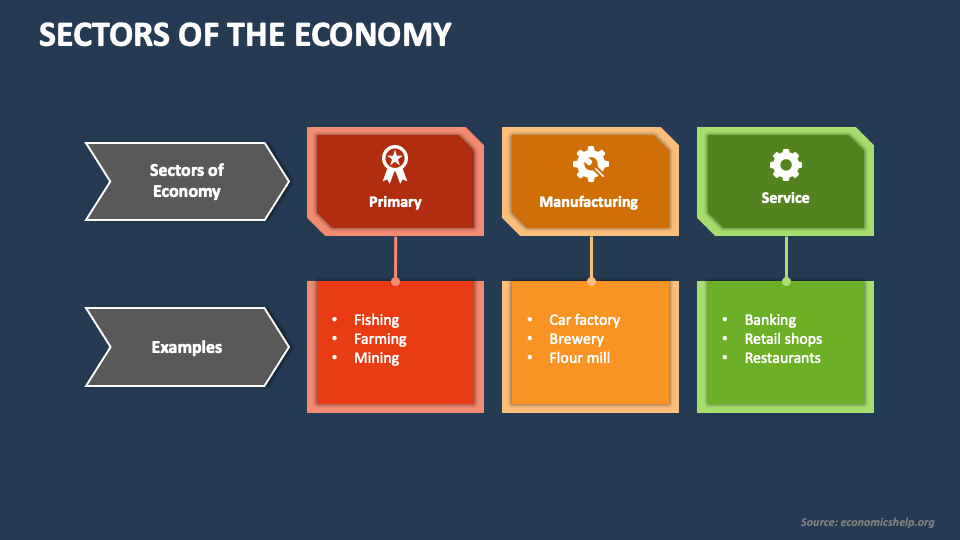Editorial
A political party’s ticket awarding system, the process by which candidates are chosen for elected positions, plays a critical role in shaping the party’s character and effectiveness. A functional system, characterized by transparency, fairness, and objectivity, acts as a crucial bulwark against the pernicious influences of nepotism, favoritism, and personal discretion wielded by powerful individuals within the party. This essay will critically evaluate the importance of such a system in ensuring a healthy and democratic political landscape.
Nepotism, the preferential treatment of family members or close associates, can be a rampant threat in political parties. Without a well-defined ticket awarding system, powerful party figures might prioritize placing their own kin or loyalists in key positions, regardless of their qualifications or merit. This not only undermines public trust in the party’s integrity but also stifles the emergence of talented individuals with fresh perspectives and ideas. A functional system, however, by establishing clear criteria for candidate selection based on merit, experience, and public appeal, reduces the scope for nepotistic practices.
Favoritism, the unfair advantage given to certain individuals based on personal relationships or biases, can be equally detrimental. Powerful party leaders might favor candidates who share their ideology or cater to their personal interests, overlooking more qualified or electable alternatives. This can lead to the formation of cliques and factions within the party, hindering effective decision-making and alienating sections of the electorate. A functional system, by employing transparent selection processes like open primaries or independent nominating committees, helps mitigate the influence of favoritism and ensures that the chosen candidates represent the broader interests of the party and the public.
Personal discretion, the unchecked power of individuals to make decisions based on personal whims or agendas, can be particularly dangerous in the context of ticket awarding. When powerful figures have undue influence over candidate selection, they can manipulate the process to favor their own agendas or sideline potential rivals. This can lead to a concentration of power within the party, stifling internal dissent and hindering the development of a diverse and representative leadership. A functional system, by incorporating mechanisms like independent oversight and clearly defined rules for candidate selection, reduces the scope for personal discretion and ensures that decisions are made based on objective criteria rather than individual whims.
Hence, a functional ticket awarding system is not merely a technical process; it is a cornerstone of a healthy and democratic political party. By effectively combating nepotism, favoritism, and personal discretion, it paves the way for the selection of qualified, electable candidates who represent the diverse interests of the party and the electorate. This, in turn, fosters internal democracy, strengthens public trust, and ultimately enhances the party’s chances of success in the political arena. Therefore, investing in and upholding a robust ticket awarding system is not just an administrative task but a vital step towards ensuring a vibrant and representative political landscape.
Please, subscribe to the YouTube channel of republicpolicy.com

















































